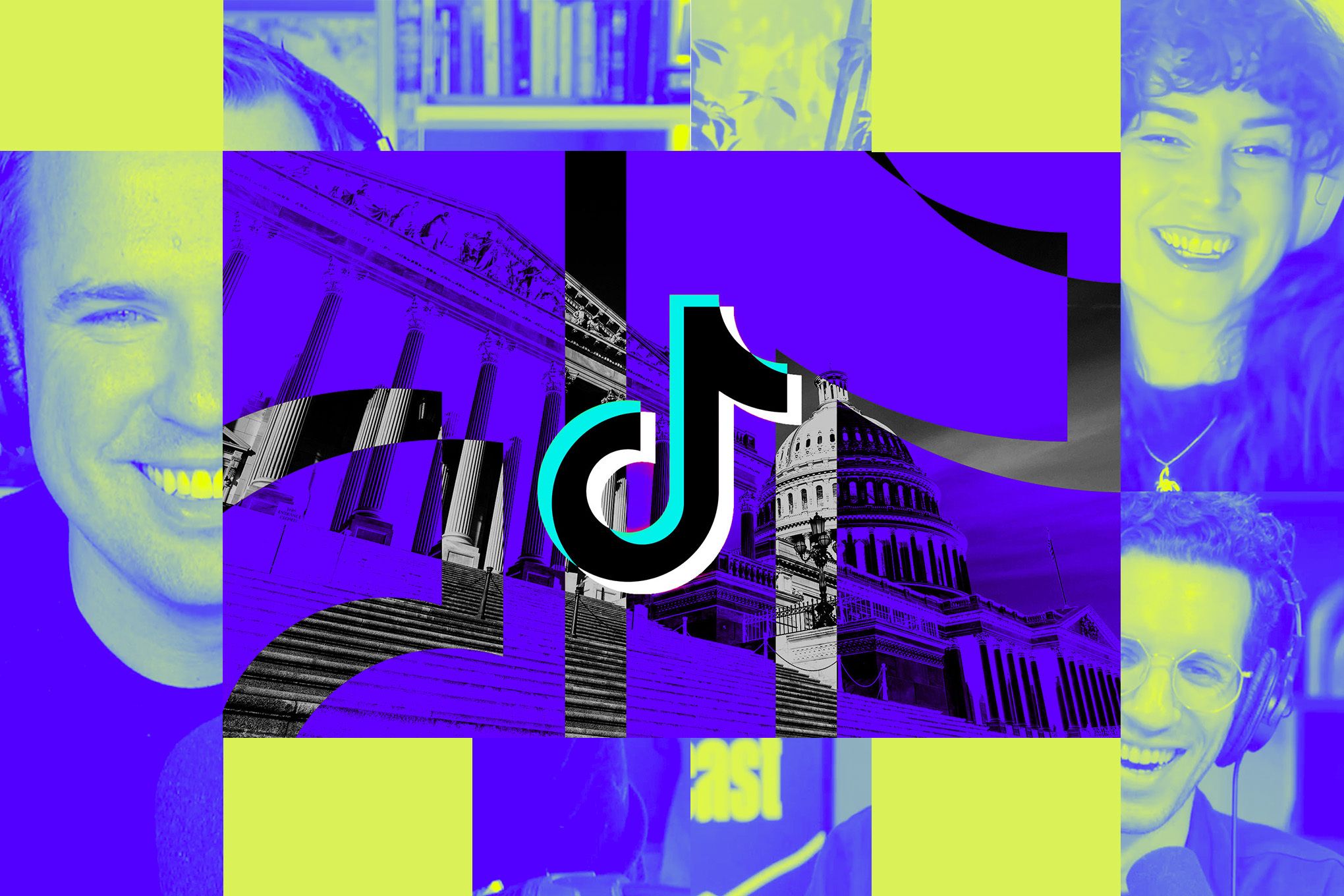After five years of political theater, TikTok's fate in America is finally crystallizing. President Trump signed an executive order Thursday that doesn't exactly save the app but gives dealmakers crucial breathing room to hammer out the specifics. With Oracle's Larry Ellison emerging as a power player and Abu Dhabi's MGX joining as a major investor, the contours of TikTok's American future are coming into focus.
The TikTok saga that's consumed Washington for half a decade just entered its final act. President Trump signed an executive order Thursday that represents less of a done deal and more of a "concept of a plan" - giving negotiators the political cover they need to finalize what could be the most complex tech acquisition in US history.
The order came just hours after The Vergecast recorded their deep-dive analysis of the emerging deal structure, and fortunately for podcast timing, Trump's action didn't dramatically alter the fundamentals already taking shape behind closed doors.
At the center of this arrangement sits Oracle founder Larry Ellison, whose influence over the restructured TikTok appears set to be substantial. According to reporting from The New York Times, Ellison's role goes far beyond typical enterprise partnerships - he's positioned to have real operational control over how the platform operates in America.
The investor lineup is getting increasingly international. While US-based partners were always expected, the addition of Abu Dhabi's MGX sovereign wealth fund as a "large investor" adds a Middle Eastern dimension that wasn't part of earlier deal discussions. This reflects how complex modern tech deals have become, requiring capital from multiple regions to reach the valuations involved.
For ByteDance, TikTok's Chinese parent company, this represents the end of direct control over their most valuable international asset. The company has spent years fighting US regulatory pressure, deploying armies of lobbyists and technical experts to prove TikTok could operate safely under Chinese ownership. That argument ultimately failed to convince policymakers across two different administrations.
What makes this deal particularly fascinating is the question of cultural continuity. TikTok's explosive growth came from its uniquely chaotic, creator-driven ecosystem that felt fundamentally different from Meta's more polished Facebook and Instagram experiences. Can that same energy survive corporate restructuring, new oversight mechanisms, and the kind of operational changes that satisfy national security concerns?












